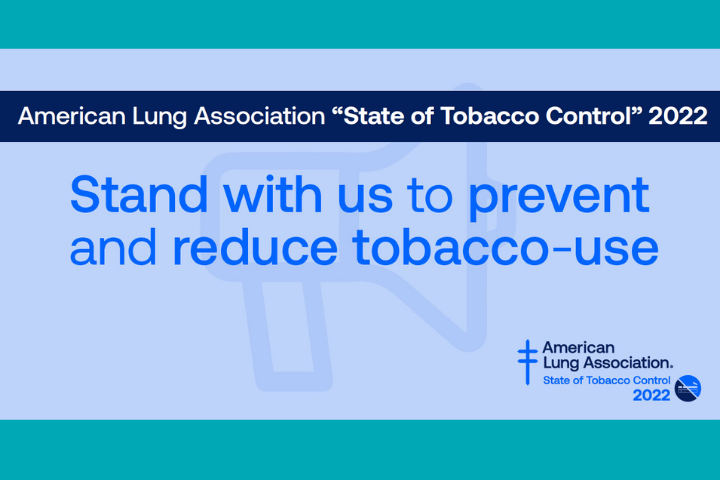
The American Lung Association released its 20th annual “State of Tobacco Control” 2022 report, which found a 35% decline in adult smoking rates, dropping from 21.6% in 2003 to 14% in 2019.
However, e-cigarettes and flavored tobacco threaten that progress, as more than two million middle and high school students reported using e-cigarettes in 2021.
Despite the overall decline, some populations continue to use tobacco at high rates. Rural Americans, military veterans, members of the LGBTQ community and people with mental or behavioral health conditions are more likely to use tobacco, as are those who earn less than $35,000 annually, live in public housing or did not complete high school.
Illinois made progress in 2021, the report found, despite failing grades on two measures. A 2021 Illinois law requires Medicaid to cover all three forms of tobacco cessation counseling for its participants, improving the state’s grade on quit services to a “C” from a “D”. The “State of Tobacco Control” 2022 gave Illinois grades in five areas proven to prevent and reduce tobacco use:
- Strength of Smokefree Workplace Laws – A
- Level of State Tobacco Taxes – C
- Coverage and Access to Services to Quit Tobacco – C
- Ending the Sale of All Flavored Tobacco Products – F
- Funding for State Tobacco Prevention Programs – F
In 2020, UIC researchers led by University of Illinois Cancer Center member Phoenix Matthews, PhD, received a more than $3.3 million federal grant to study the burden of tobacco use and to improve smoking cessation interventions for populations with demonstrated high smoking rates. The project, Mi Quit CARE — for Mile Square Quit Community Access Referral Expansion — is funded by the National Heart, Lung, and Blood Institute, one of the National Institutes of Health.
Matthews, UIC professor of population health nursing science and associate dean for equity and inclusion at the College of Nursing, and their team will evaluate knowledge, attitudes, barriers, and facilitators to smoking cessation. They also will further develop community engagement strategies to increase patient use of online health portals such as MyChart.
